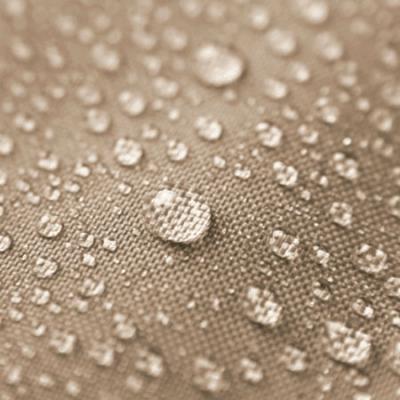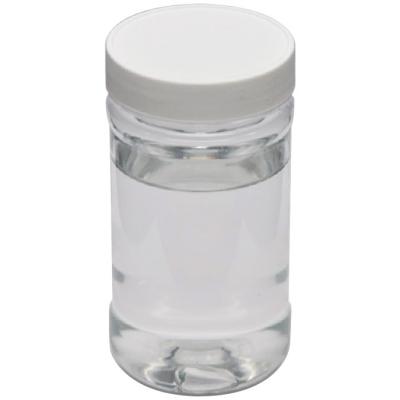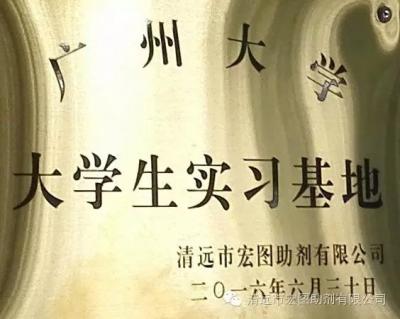In the realm of textile production, an unsung hero is emerging to play a crucial role in making the industry more sustainable—wetting agents chemicals, often referred to as "liquid gold." This blog explores the transformative impact of wetting agents on sustainable textile manufacturing, delving into their eco-friendly properties and their contribution to a greener and more efficient production process.
The Green Chemistry of Wetting Agents Chemicals
Wetting agents chemicals, a type of surfactant, have long been associated with enhancing the wetting and spreading properties of liquids on surfaces. In the context of textile production, these chemicals act as facilitators, ensuring that water and other liquids efficiently penetrate fabrics during various manufacturing processes.
One of the key attributes that make wetting agents chemicals stand out in the realm of sustainability is their role in reducing water consumption. By improving the wettability of textiles, these chemicals enable more effective water use, minimizing the need for excessive amounts of water during dyeing, finishing, and other production stages.
Efficiency in Dyeing Processes
Wetting agents chemicals are particularly instrumental in dyeing processes, where the even distribution of color is essential. The enhanced wetting properties provided by these chemicals contribute to a more uniform dye penetration, reducing the likelihood of uneven coloring and the need for repeat dyeing cycles. This not only saves water but also reduces the overall environmental impact associated with dyeing.
Eco-Friendly Fabric Finishing
In the realm of fabric finishing, wetting agents chemicals play a key role in achieving desired performance characteristics without compromising sustainability. By facilitating the even application of finishing agents, these chemicals contribute to the creation of high-quality textiles with reduced waste and resource consumption. This efficiency is a critical aspect of moving towards a more sustainable and environmentally conscious textile industry.
Overcoming Water-Repellent Challenges
Wetting agents chemicals also address challenges posed by water-repellent fabrics. By enhancing the wetting properties of these materials, they contribute to overcoming the barriers to effective processing. This is particularly significant in the development of all-weather textiles, where the balance between water resistance and breathability is crucial for both functionality and sustainability.
As the textile industry continues to evolve, embracing sustainable practices is no longer a choice but a necessity. Wetting agents chemicals, often dubbed as "liquid gold," emerge as a pivotal player in this shift towards sustainability. Their ability to optimize water usage, improve dyeing efficiency, and contribute to eco-friendly fabric finishing positions them as catalysts for positive change in the textile production landscape. As manufacturers increasingly recognize the value of liquid gold, the journey towards a greener, more sustainable textile industry gains momentum, ensuring a brighter and more environmentally conscious future for the world of fabrics.



 English
English  日本語
日本語  Español
Español  tiếng việt
tiếng việt  Türkçe
Türkçe  ไทย
ไทย  українська
українська  हिंदी
हिंदी  বাঙালি
বাঙালি  اردو
اردو 



